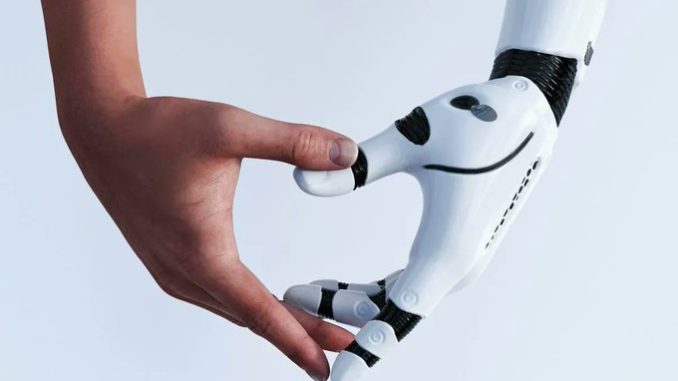
Have you ever heard of emotion artificial intelligence (AI)? Emotion AI, or affective AI, is a field of computer science that helps machines gain an understanding of human emotions. The MIT Media Lab and Dr. Rosalind Picard are the premier innovators in this space. Through their work, they sparked the idea to help machines develop empathy.
Empathy is a complex concept with a lot of strings attached to it, but on a basic level, it means having an understanding of another person’s emotional states. In theory, if machines can have that level of understanding, they can serve us better. Particularly in areas such as healthcare, applying empathetic AI can be very impactful.
There are various types of emotion AI. The first kind detects human emotions. In mental healthcare, this kind of technology has great potential in diagnostics. In regard to physical health conditions, they can be used to monitor resilience in conditions such as cancer. This is beneficial especially because the importance of holistic and integrative care is now widely recognized.
The next level of emotion AI not only detects human emotion but has the ability to respond accordingly. One great example of how this can be used is with the population who live with dementia. People living with dementia may have a hard time understanding their own emotional state and even more so communicating how they’re feeling to their caregivers. That puts a heavy onus on caregivers to constantly read and decipher how they’re feeling, which is a hard task when you’re already overloaded.
